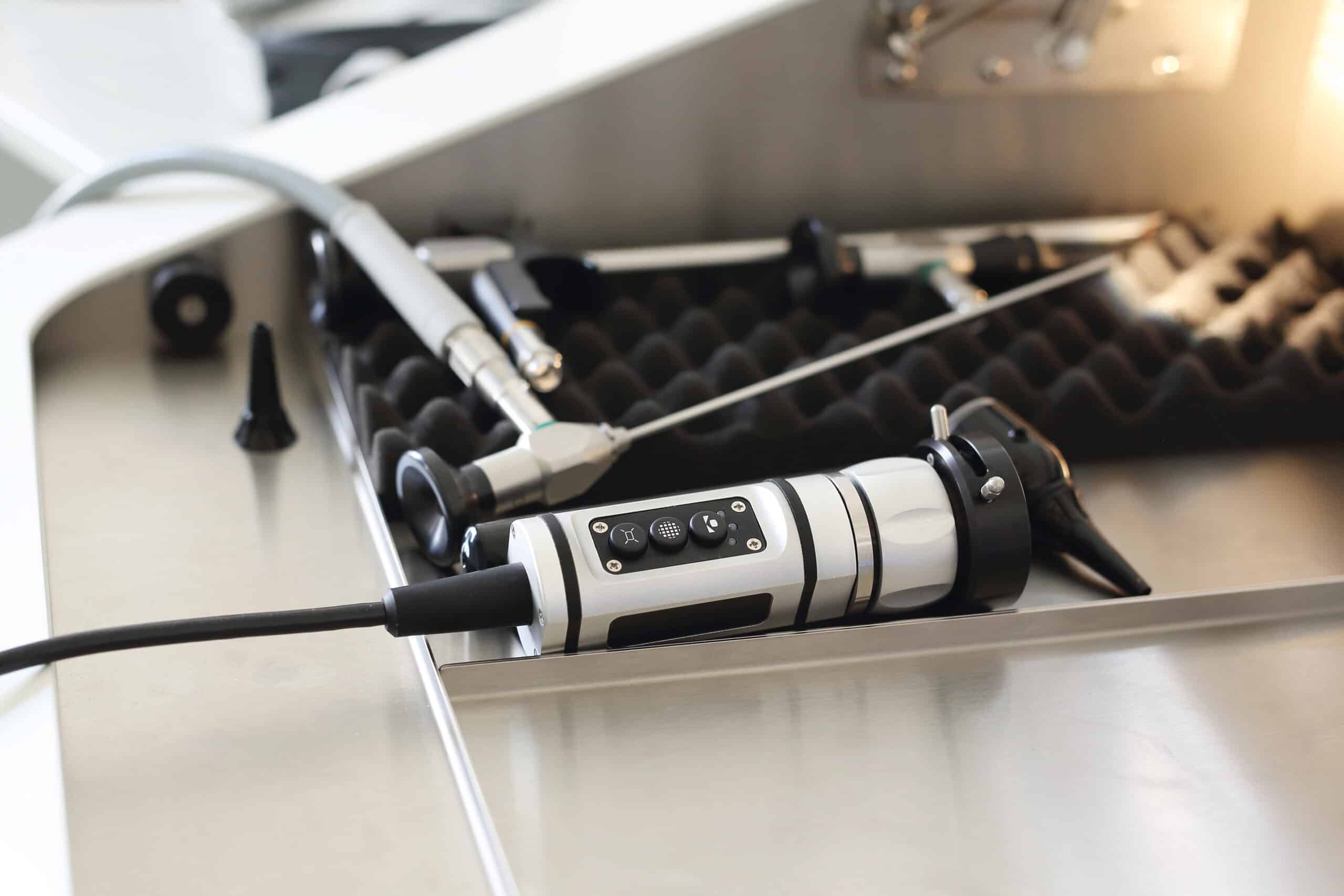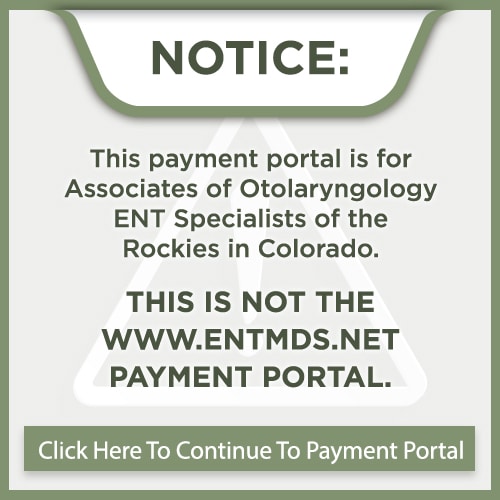What to Expect Before, During, and After Endoscopic Sinus Surgery

If you are living with chronic sinus problems, you understand that sinus symptoms can take a real toll on your well-being. Thankfully, sinus surgery is often an effective option to help treat these unwanted symptoms. Read on to learn more about endoscopic sinus surgery and what to expect before, during, and after the procedure.
What is Endoscopic Sinus Surgery?
Chronic sinusitis is prolonged inflammation and infection of the lining of the nose and sinuses. Patients with chronic sinusitis often experience symptoms such as facial pressure, nasal congestion, and post-nasal drip. For most people with sinusitis, infections can often be treated successfully with medications. However, for some people, infections recur even after medication; in these cases, further investigation is needed. Your doctor may use an endoscope to check the sinus passages for infection, polyps, or anatomical problems. A CT scan of the sinuses may also be recommended for diagnosis.
Depending on the results of these tests, individuals may be candidates for sinus surgery and potential septoplasty to correct a crooked septum. Endoscopic sinus surgery can be performed in the office or the hospital if needed.
What to Expect Before, During, and After Sinus Surgery
Before Surgery
Antibiotics or steroids may be prescribed preoperatively to optimize the condition of the sinuses for surgery. Avoid taking aspirin, Motrin/Advil, Aleve, other non-steroidal anti-inflammatories (NSAIDs), vitamin E, and supplements one week before surgery. Patients should stop smoking at least 3 weeks before surgery, and at least 4 weeks after surgery, as smoking can lead to scarring, poor healing, and failure of the operation.
Also, inform your primary care physician (PCP) that you are planning on having sinus surgery. Depending on your overall health you may need a pre-op medical clearance from your PCP.
During Surgery
General anesthesia will be given for endoscopic sinus surgery. This means you will be asleep for the entire procedure. During the procedure, an endoscope, or a thin fiber-optic tube, is inserted into the nose for a direct visual examination of the opening into the sinuses. During surgery, a sinus endoscope is used for visualization and then a variety of small instruments are used to straighten crooked anatomy or widen drainage passages of sinuses. Polyps or abnormal tissue specimens are sent to pathology.
After Surgery
Most people feel well enough to go home on the day of surgery. Mild bleeding may occur for up to 3-4 days. Discomfort can be controlled with prescription pain medications for 2-4 days, after which you can switch to Tylenol.
You will schedule a series of postoperative visits with your doctor to ensure that your sinuses are healing properly. One week after surgery, your surgeon may suction any blood clots or scabs out of the nose to assist in healing. For the first week after surgery, you should avoid blowing your nose. You should also avoid bending, straining, or listing more than 20 lbs. Light walking and regular household activities are acceptable any time after surgery. We advise patients to take about one week off from work, depending on the physicality of their job.
Surgery Outcomes
Most patients do very well after surgery and report improved breathing, an improved feeling of drainage from the nose, and fewer reports of infection.
Your surgeon will follow your outcomes long-term to look for signs of swelling or polyp reoccurrence. Long-term medical management may include the use of nasal rinses or sprays to reduce swelling.
Surgical Risks
As with any surgical procedure, endoscopic sinus surgery is associated with some risks. Nose bleeds may occur following surgery, and reoccurring infections are a possibility. Rare complications include those associated with structures around the sinuses. All risks and benefits will be carefully explained by your surgeon before surgery.
Schedule a Consultation
Overall, endoscopic sinus surgery is not a cure for sinus problems but a way to manage swelling in the nose for improvement in symptoms. For more information regarding sinus surgery in the Lone Tree, Castle Rock, and Denver areas, please contact AOO | ENT Specialists of the Rockies today.
Dr. Jeffrey Cutler is board-certified with the American Board of Otolaryngology and received his medical degree at Tulane University Medical School in New Orleans. He performed his residency at Vanderbilt University Medical Center in Nashville. In addition, he completed a 1 year fellowship in nasal and endoscopic sinus surgery. His area of expertise includes the medical and surgical treatment of complicated sinus and skull base diseases. Dr. Cutler has published many articles on office based nasal and sinus procedures - particularly on balloon sinus and Eustachian tube dilation When not at the office, he enjoys spending time outdoors with his family, skiing and cycling.





